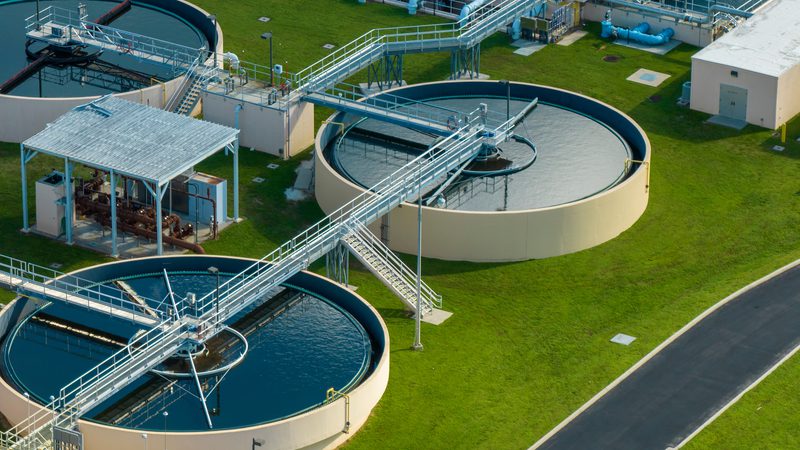Rewriting the rulebook — rugby union’s new era & what it means for the 2026 Six Nations

We explore how World Rugby’s newest reforms are reshaping the sport and what they mean for clubs and governing bodies ahead of the 2026 Six Nations.
Read more
We make the difference. Talk to us: 0333 004 4488 | hello@brabners.com
AuthorsAbbey Farrell
4 min read

The Government is considering changes that could significantly reshape how environmental offences are penalised — particularly in the water sector. These proposals mark a decisive move towards faster enforcement and a lower threshold for regulatory intervention. For businesses operating in regulated industries, this isn’t just a technical adjustment — it represents a fundamental shift in the risks of non-compliance.
Published on 22 October 2025, the proposed changes set out measures that are designed to strengthen the Environment Agency’s (EA) enforcement toolkit. The aim is to make penalties more immediate, visible and severe.
Here, Abbey Farrell explores the key elements of the proposed reforms and what they could mean for enforcement, financial exposure and reputational risk across regulated industries.
Under the current regime, civil penalties for environmental breaches are subject to a relatively high standard of proof and capped at much lower levels than criminal fines. This has often meant that enforcement action is reserved for serious cases with lengthy investigations and criminal proceedings required for more significant sanctions.
The new proposals would change that dynamic in three key ways:
These proposals build on earlier reforms introduced in 2023 that removed the £250,000 cap on variable monetary penalties (VMPs) for serious offences, allowing unlimited fines in cases of significant environmental harm. The current consultation focuses on civil penalties for less serious breaches and businesses could face much higher financial exposure across the board as a result.
These proposals represent a significant shift in how compliance risk is managed for businesses operating in sectors regulated by the EA.
The implications are:
With the consultation period closing soon, businesses should act now to strengthen compliance systems and show a proactive approach to environmental obligations.
Here are a few key steps to consider:
As a certified B Corp, we bring both a strong grasp of environmental responsibilities and a genuine commitment to helping other businesses to meet their sustainability goals.
Our experienced environmental lawyers work with clients across the water, waste, energy and industrial sectors to navigate complex regulatory frameworks and respond effectively to enforcement action.
Our support includes:
Talk to us by calling 0333 004 4488, emailing hello@brabners.com or completing our contact form below.

Loading form...

We explore how World Rugby’s newest reforms are reshaping the sport and what they mean for clubs and governing bodies ahead of the 2026 Six Nations.
Read more

We explore the regulatory risks that threaten solicitors’ clients, firms and professional standing and highlight the five most common pitfalls to avoid.
Read more

We explore safety considerations around Christmas markets and outline practical steps to comply with relevant safety legislation.
Read more